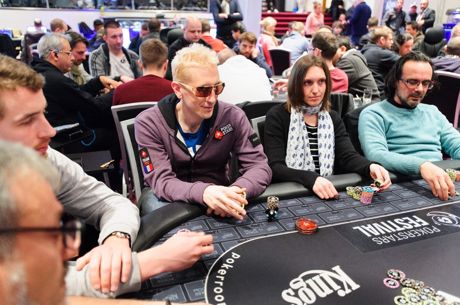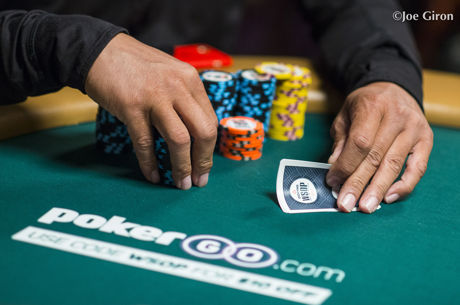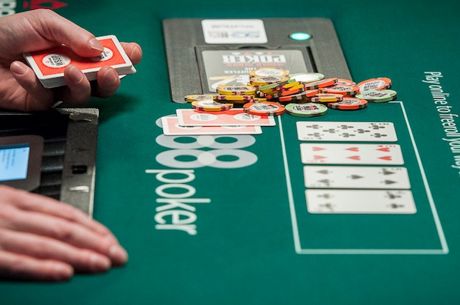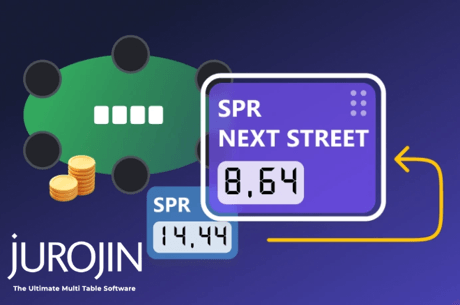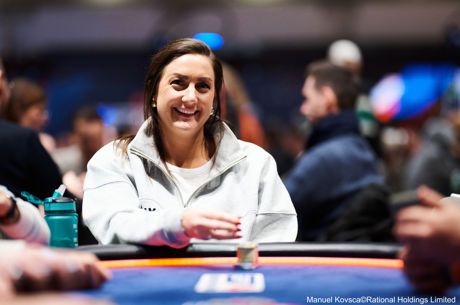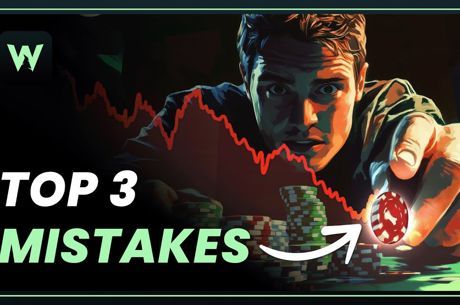Does Winning at Poker Increase or Decrease Your Motivation to Play?
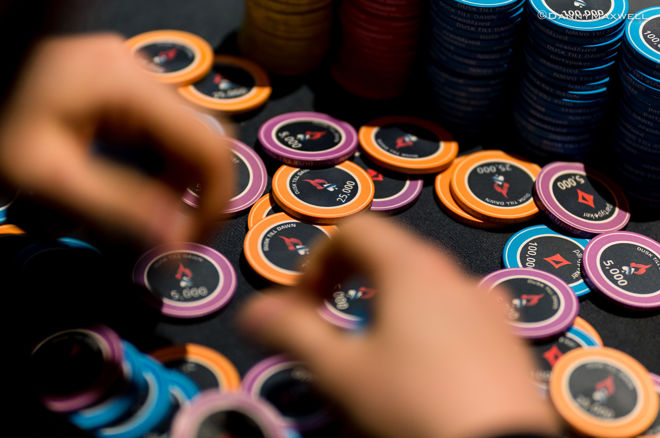
What is your mindset immediately following a winning poker session? Or after those times when you happen to win a tournament, even a small one? Are you more eager to get back to the tables? Or does winning actually make you less quick to play again?
The latter response to winning might seem counterintuitive to some, but it certainly happens, especially to part-time or "recreational" players who are already being selective about when and where they play.
There are different reasons for not wanting to play right away after winning. Perhaps the player just wants to savor the winning session or tournament victory an extra day or two. Maybe the player keeps close track of his or her bankroll and wants to enjoy the idea of being "up" a while longer before putting any money at risk again.
Or it could just be that feeling of satisfaction after having won simply lessens a player's motivation to get back and try again, diminishing the urge to try to accomplish something immediately after having already achieved it.
This is a non-issue for certain poker players. Some are so dedicated to poker that regardless of whether they're winning or losing, they never want to stop playing. The pros also try not to focus too greatly on winning or losing, but rather on trying to make correct decisions at the table, thus necessarily making results less of a factor influencing their desire to play.
But many who aren't pros or full-timers find their motivation wavering from time to time. Losing at poker can certainly lessen motivation for some, but winning can have a similar effect on some players, too.
Psychologists have studied how rewards affect children's behavior, with some studies having shown that giving children rewards for completing tasks too frequently can actually lessen their motivation.
Some of these studies look at the effects of parents giving children a reward for doing things like finishing their dinner or cleaning their room. They show how the expectation of a reward can change how the children think about the tasks, making them less enthused about completing them. Even tasks children might have previously enjoyed doing — like drawing or physical exercise — can become less like "play" and more like "work" when there's a reward attached.
In my experience, I don't think I'm affected too greatly one way or the other by winning or losing. As a part-time player (and for modest stakes), how I do in one session or tournament doesn't typically increase or lessen my desire to play again.
However, I am sometimes susceptible to "relaxing" after winning a big pot or accumulating a decent stack in a tournament, which I think resembles that same reaction of choosing not to play after winning.
I was reminded of this phenomenon this week in part because of the approach of the NFL football season, with preseason games now underway.
For many years I've participated in a "pick'em" pool in which a group of us try to pick winners for every regular season game. It's a lot of fun, and gives me a rooting interest in every single game.
Last year I got off to a good start with my picks, grabbing the lead in the second week and managing to stay out in front for the entire season. It was a little like being the chip leader in a tournament, although I could never really "relax" and sit out a few "hands," even when at one point my lead stretched to five or six games over the chase pack.
Indeed, things tightened up during Week 17 when I nearly blew a four-game lead but managed to hang on and win thanks to a Sunday night victory by the Green Bay Packers over the Detroit Lions.
Since I was in contention all year, I was obviously a lot more focused on the pool than happens during years when I've fallen too far behind for those November and December games to matter too much. That might be why I recently found myself dreaming about making picks this year in anticipation of the new season — no shinola. Actually the dream has been me forgetting to enter my picks before games begin and realizing to my horror afterwards when it was too late. (I suppose these are better described as nightmares.)
When awake, though, I'm realizing that while I'm certainly motivated to try to win the pool again, I might be slightly less so compared to a year ago. This sort of thing occasionally comes up in sports — a team wins a championship, then seems marginally less motivated the following year. And, I'm suggesting, it can happen in poker as well.
A couple of take-aways for poker players...
For one, if winning ever does lessen your motivation to play, see if you can find a way to counter that.
The fact is, if you've had a winning session or won a tournament, you might well have enjoyed some favorable cards, but the likelihood is also high that you made good decisions and played well, too. While there's no such thing (really) as "riding the rush" and expecting to continue to run well as far as the cards go, whenever you're in a positive frame of mind and playing what seems to be your "A-game," you probably shouldn't shy away from playing again.
Secondly (and more broadly), try always at least to be aware of your motivation for playing every time you sit down at the table — or if playing online poker, every time you log in. If you genuinely aren't motivated to play, but are only doing so to fulfill certain volume-related goals or even just out of force of habit, you aren't likely going to be in the best frame of mind and therefore might be setting yourself up to lose.
And if you can avoid letting results affect your motivation one way or another, that's probably a good thing, too. I mean, no one expects the New England Patriots, winners of last year's Super Bowl, to be any less motivated this year, right?
Speaking of, Week 1 opens with Kansas City at New England. Who ya got?

